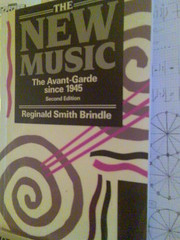'The early Greeks were uncertain as to whether 2 was a number at all, observing that it has, as it were, a beginning and an end but no middle. More mathematically, they pointed out that 2 + 2 = 2 x 2, or indeed that any number multiplied by 2 is equal to the same number added to itself. Since they expected multiplication to do more than mere addition, they considered 2 an exceptional case. Whether 2 qualified as a proper number or not, it was considered to be female, as were all even numbers, in contrast to odd numbers, which were male.
Division into 2 parts. dichotomy, is more significant psychologically and more frequent in practice than any other classification. The commonest symmetry is bilateral, 2 sided about a single axis, and is of order 2. Our bodies are bilaterally symmetrical, and we naturally distinguish right from left, up from down, in front from behind. Night is separated from day, there are 2 sexes, the seasons are expressed in pairs of pairs, summer and winter separated by spring and autumn, and comparisons are most commonly dichotomous, such as stronger or weaker than, better or worse than, youth versus age and so on'.

David Wells; The Penguin Dictionary of Curious and Interesting Numbers (revised edition)




